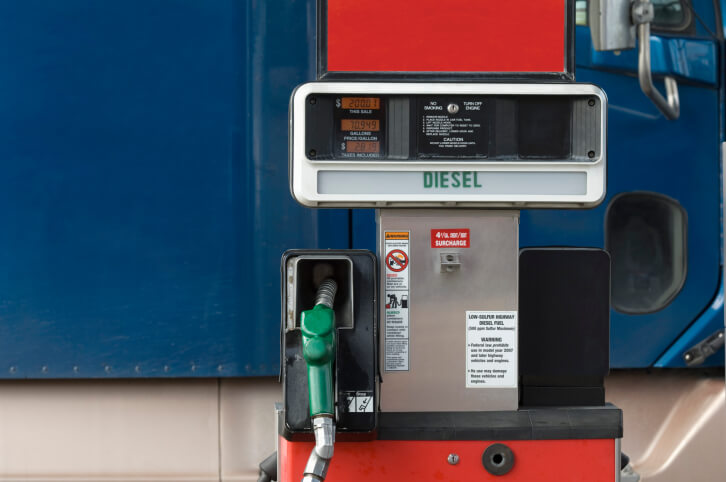
Clean Diesel Fuel: Pros, Cons & Cautions
It’s been nearly a decade since the US Environmental Protection Agency adopted more stringent criteria for diesel fuels. The goal was to reduce diesel emissions and diminish the production of black carbon particulate matter.
Since 2014, ultra-low sulfur diesel (ULSD) fuel has been required for all diesel uses including on-road vehicles, off-road agricultural, construction and transportation equipment, and stationary facilities that burn diesel to generate heat or energy. The push for truly clean diesel fuel as a viable power source has produced a range of outcomes: Some are good, some are bad and some were unanticipated.
Pros
ULSD fuels are more stable and contain 97% less sulfur than conventional diesel. This is good, because when fuels containing sulfur are burned they produce sulfur dioxide, a contaminant that can irritate the lungs and contribute to the formation of acid rain and ground level ozone.
In addition to removing sulfur, the ULSD refining process destroys other organic compounds that contribute to particulate matter (PM), so ULSD helps reduce sulfur-based and PM pollutants.
Cons
Unfortunately, the ULSD production process also destroys compounds that reduce gum formation, so most ULSD must be treated with a stabilizer to discourage gummy deposits that clog fuel injectors and fuel filters. ULSD is also a less effective lubricant, which increases wear on engine components such as fuel injectors and pumps.
ULSD costs more. It’s more expensive to produce and these costs are passed on to users, contributing to higher prices for everything from fuel and food to goods, services, heat and energy. Plus, it produces 1% to 2% less energy than its predecessors, so it takes more fuel to travel a defined distance, complete a specific task or produce a product.
Cautions
Ironically, some studies indicate the superfine particles produced by ULSD and advanced emissions control systems may actually contribute to respiratory issues and impaired breathing, creating more serious health effects in the long run.
The devices used to reduce diesel vehicle emissions are quite sensitive to even low levels of sulfur, and continued sulfur exposure causes permanent damage and necessitates expensive repairs.
USLD attracts and holds moisture, which contributes to corrosion, freezing and microbe growth. Metal components found at every stage from refinement and transport to storage and vehicle engines are especially vulnerable to corrosion, while the higher water content can cause ULSD to freeze at comparatively mild temperatures.
Clean diesel fuel is a mixed blessing. In conjunction with advanced engine designs and emission technologies, it’s helped improve air quality. It’s also introduced complications ranging from increased costs to unexpected performance problems and the need for additives to increase lubricity, reduce water retention and improve fuel flow in cold weather.